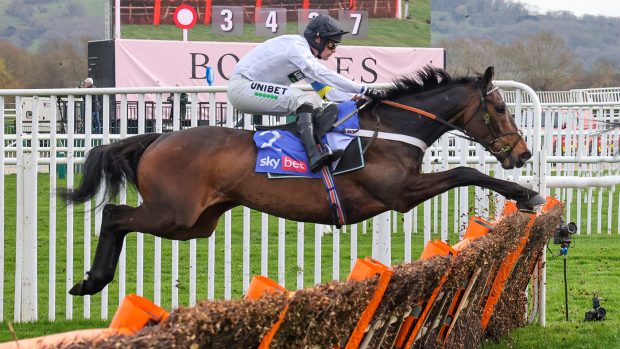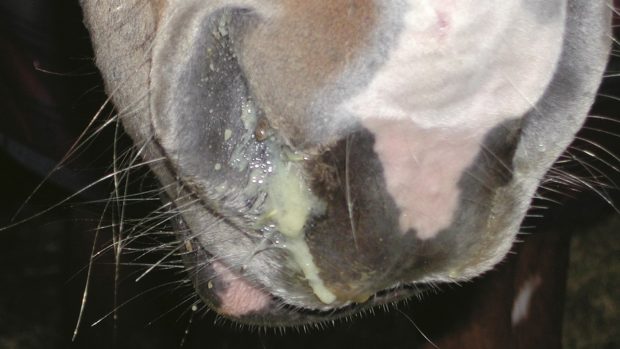The much-touted tax on horse ownership could be considerably more than £10.50, warn horse industry experts. The final levy per head could be as much as 10 times that amount — £100 — an estimation Defra has not denied.
Speaking at a horse industry meeting in London, British Equine Veterinary Association (BEVA) president Chris House said there were “serious questions” over the actual rate of the levy.
In March, Defra announced plans to devolve responsibility for animal health in England to a new body and to share the running costs with farming — and possibly equestrianism.
Defra has suggested £10.50 as a likely annual charge on horse owners.
But Mr House said more accurate calculations done by BEVA to include set-up and collection costs for the levy suggest a more substantial figure than that.
“This was put to a Defra official at a British Veterinary Association (BVA) meeting in Cardiff recently — and he did not deny it,” said Mr House.
“This figure is still speculative. There is very little detail about how the scheme will work for horses. But if correct, it will have a phenomenal effect on the industry, not least the welfare organisations.
“The Donkey Sanctuary, for example, owns over 3,000 equines,” he added.
World Horse Welfare consultant Keith Meldrum, a former chief veterinary officer at the Ministry of Agriculture, Fisheries and Food (MAFF, the predecessor to Defra), warned the levy could be set at a preliminary figure for the first year and increased thereafter.
He added that the industry is not convinced the scheme can work and said separating animal health from welfare will bring “challenges” in coordinating action in the event of a disease outbreak.
The British Horse Society’s Pat Campbell reported “huge concern” over the levy among hill pony breeders.
National Equine Welfare Council honorary vice-president and equine vet Lesley Barwise-Munro said the levy could cause welfare problems.
“If they are forced to pay, will horse owners reduce their spending on vaccinations and insurance?” she said. “It’s a big concern that this will have a detrimental effect on welfare.”
A Defra spokesman told H&H that details of the scheme are still to be worked out by the advisory group set up in July (news, 16 July).
“Defra is working towards publishing legislative proposals in late 2010, with any changes in England not expected before 2012,” he said.
British Horseracing Authority director of equine science and welfare Professor Tim Morris sits on the advisory group, which meets again on 4 November.
- To join the horse industry’s campaign against the tax, visit: www.rethinkthehorsetax.org
This news story was first published in Horse & Hound (29 October, ’09)




